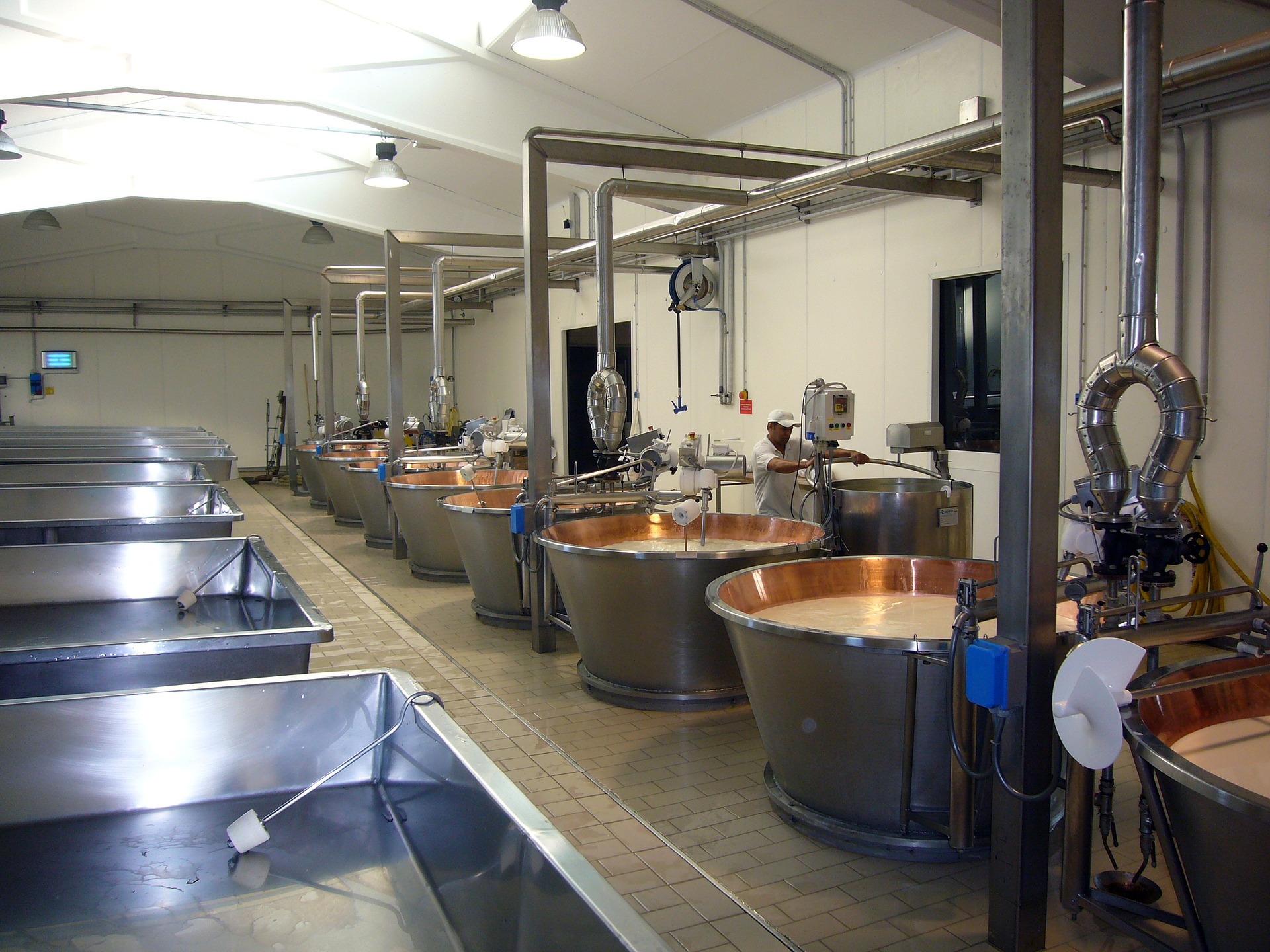 How Precision Manufacturing Enhances Turbomachinery Performance and Reliability
How Precision Manufacturing Enhances Turbomachinery Performance and Reliability
Imagine a race car engine. Every part needs to be perfect. Even a tiny flaw can slow it down. Or even cause it to fail. Turbomachinery is just like that engine. They work in harsh conditions, require exact specifications, and cost a lot if they break. Precision manufacturing can fix these issues. It helps to make sure these machines run well, last long, and stay reliable. It's more than just a way to build things. It is the key to getting the most out of turbomachinery.
Understanding Turbomachinery and Its Demands
Turbomachinery includes machines like turbines, compressors, and pumps. You find them in many places. Think aerospace, power plants, and oil and gas industries. These machines have a tough job. They must deal with high heat, intense pressure, and crazy fast spinning.
What is Turbomachinery?
These machines use rotating parts to move energy between a rotor and a fluid. Turbines change fluid energy into rotating mechanical energy. Compressors and pumps do the opposite. They use mechanical energy to increase fluid pressure. Examples include gas turbines in airplanes. You can also see steam turbines in power plants. Centrifugal compressors are often used in industrial processes. Axial pumps move large volumes of fluid.
Operational Challenges in Turbomachinery
Turbomachinery parts go through extremely rough conditions. Temperatures are really high, same with pressures. All of this can affect which materials are selected. Design also becomes very important. Manufacturing processes need to be perfect too. Thermal stress can weaken materials. Corrosion can eat away at surfaces. Erosion can wear down parts. Vibration can cause things to shake apart. This is why precision is so vital.
The Essence of Precision Manufacturing
Precision manufacturing means making things really, really accurately. It involves very tight tolerances. This means parts must be within a tiny range of the exact size. Advanced materials are used. Sophisticated processes are a must. Also, there is strict quality control to catch even minor errors.
Key Principles of Precision Manufacturing
The main goals are dimensional accuracy and perfect surface finish. Material integrity is also important. This is about making sure there are no flaws in the materials. Process control keeps everything consistent. Precision manufacturing demands careful steps at every stage.
Advanced Materials in Turbomachinery
Special materials are needed for the harsh conditions. Nickel-based superalloys stay strong at high temperatures. Titanium alloys are light but strong. Ceramics can withstand extreme heat. Each material has a special benefit. That helps turbomachinery handle intense demands.
Impact of Precision Manufacturing on Turbomachinery Performance
Precision manufacturing improves how well turbomachinery works. It can lead to better aerodynamic efficiency. It can also reduce wasted energy. It can even increase power output.
Enhancing Aerodynamic Efficiency
Precise blade profiles are important. Smooth surface finishes are too. Small gaps must be minimized. Precision manufacturing helps to achieve all of these goals. This reduces flow losses and improves performance.
Reducing Vibrations and Noise
Balanced rotors prevent shaking. Accurate assembly makes everything fit well. All of these things, supported by precision manufacturing, reduce vibrations and noise. This can improve both performance and lifespan.
Enhancing Turbomachinery Reliability Through Precision
This manufacturing minimizes defects. It also reduces stress on parts. It can extend how long components last.
Minimizing Material Defects
Advanced techniques and careful checks help prevent material flaws. Issues like porosity, inclusions, and cracks can weaken parts. By minimizing defects, precision manufacturing improves reliability.
Extending Component Lifespan
Accurate machining and surface treatments make parts more resistant to wear. These processes can also reduce friction and prevent corrosion. By doing these things, precision extends the lifespan of turbomachinery.
The Role of Advanced Technologies
Several technologies are key. CNC machining is one. Additive manufacturing is becoming more popular. Nondestructive testing helps find hidden flaws. Advanced metrology ensures accuracy.
CNC Machining and EDM
Computer Numerical Control (CNC) machines can cut complex shapes very accurately. Electrical Discharge Machining (EDM) can create fine details. This helps turbomachinery parts reach the required precision.
Additive Manufacturing (3D Printing)
3D printing can build complex internal shapes. It speeds up prototypes. It can even make customized parts. This helps to improve turbomachinery design and performance.
Case Studies and Real-World Examples
Here are some examples of how precision manufacturing makes a difference.
Example 1: Aerospace Turbine Blades
Aerospace turbine blades need to be perfect. Precision manufacturing has led to better fuel efficiency. Also, emissions have decreased. Overall, engine reliability has improved.
Example 2: Power Generation Turbines
In power plants, precise parts can increase power output. It also reduces downtime. It can also improve overall plant efficiency.
Conclusion
Precision manufacturing is very important. It improves the performance and reliability of turbomachinery. It helps reduce material defects and enhance the lifespan of components. New technologies are always improving it. Invest in precision manufacturing. You'll see the benefits in your turbomachinery applications.